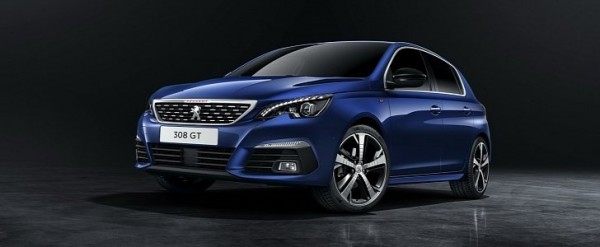
The move will be carried out later this year. More specifically, the 308 GT, which uses a 1.6-liter turbo to deliver 225 HP (as of 2018) also emits up to 136 grams of CO2. Meanwhile, the 308 GTi got its power lowered to just 263 HP and puts 148 grams of Co2 out its twin exhaust.
The GT will be killed in two months, though the model powered by a 2-liter diesel will remain. As for the GTi, this will soldier on until the end of 2019.
On one hand, we appreciate all the real work Peugeot is doing in this department. However, it's infuriating to see what's happening to the market as a whole. Dieselgate made powerful diesel engines look bad, so we thought small cars with engines like this 1.6 turbo were a viable alternative. After all, what's so awful about 136 grams in a relatively small hatchback?
Previous reports hinted that Peugeot is already working on a fix, the next-generation 308 GTi becoming a plug-in hybrid with about 300 horsepower. But any good PHEV needs at least 50 km of pure electric range. And is carrying two motors plus an oversized battery really that much more efficient? Maybe we need regulations like Japan's, where smaller cars have certain advantages, and that way, crossovers would stop dominating sales. We want to hear your thoughts on the matter.








